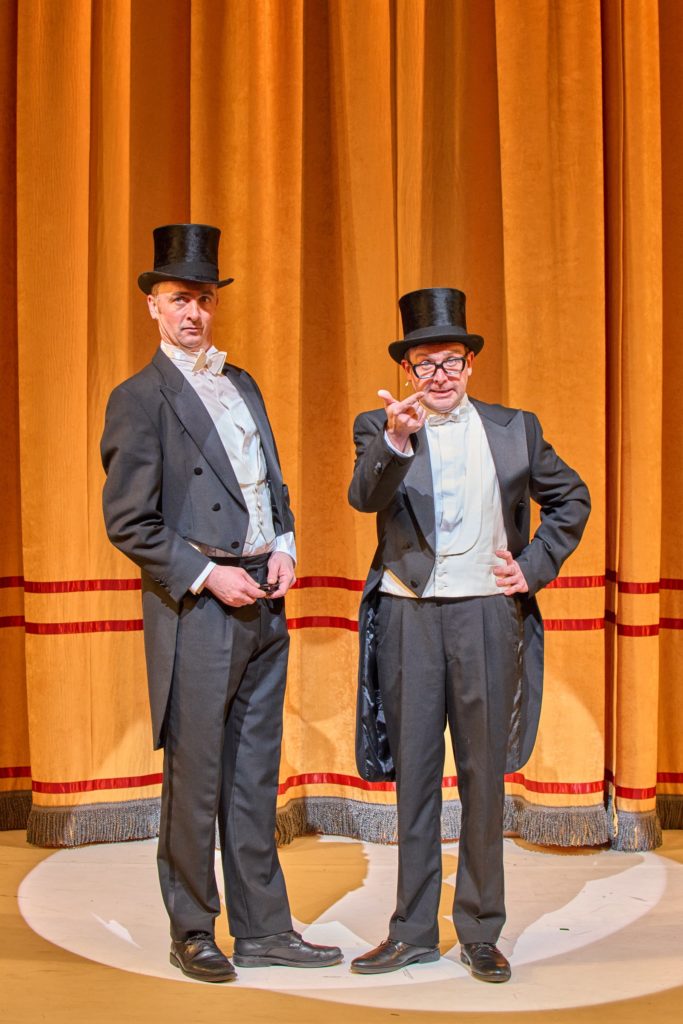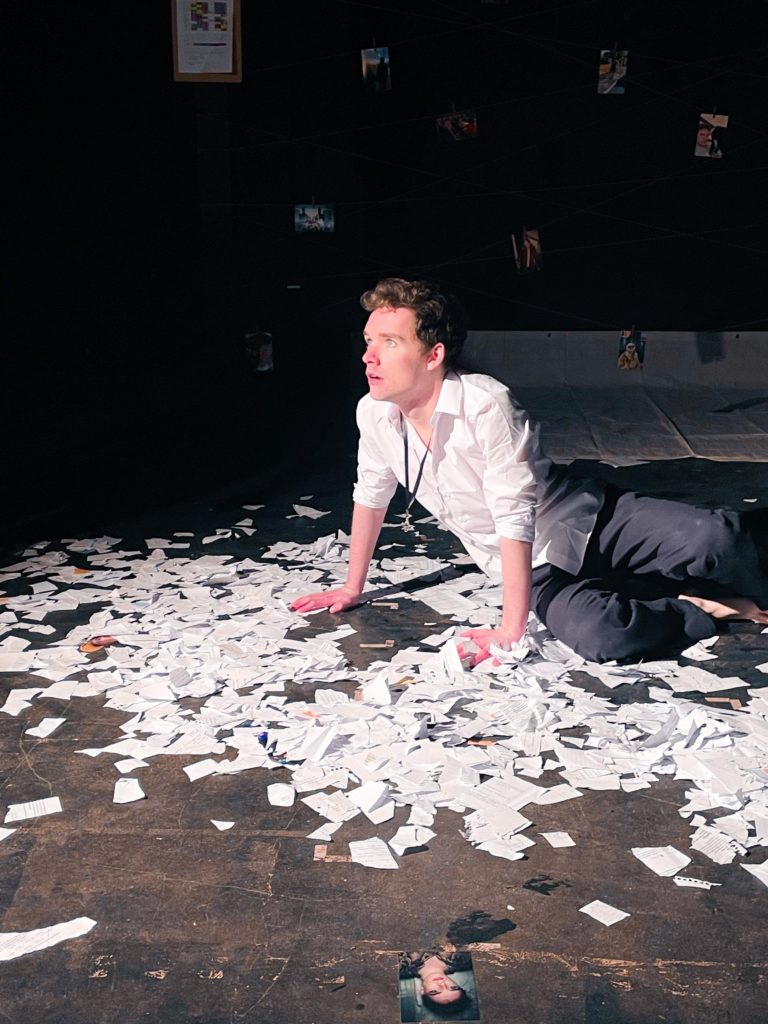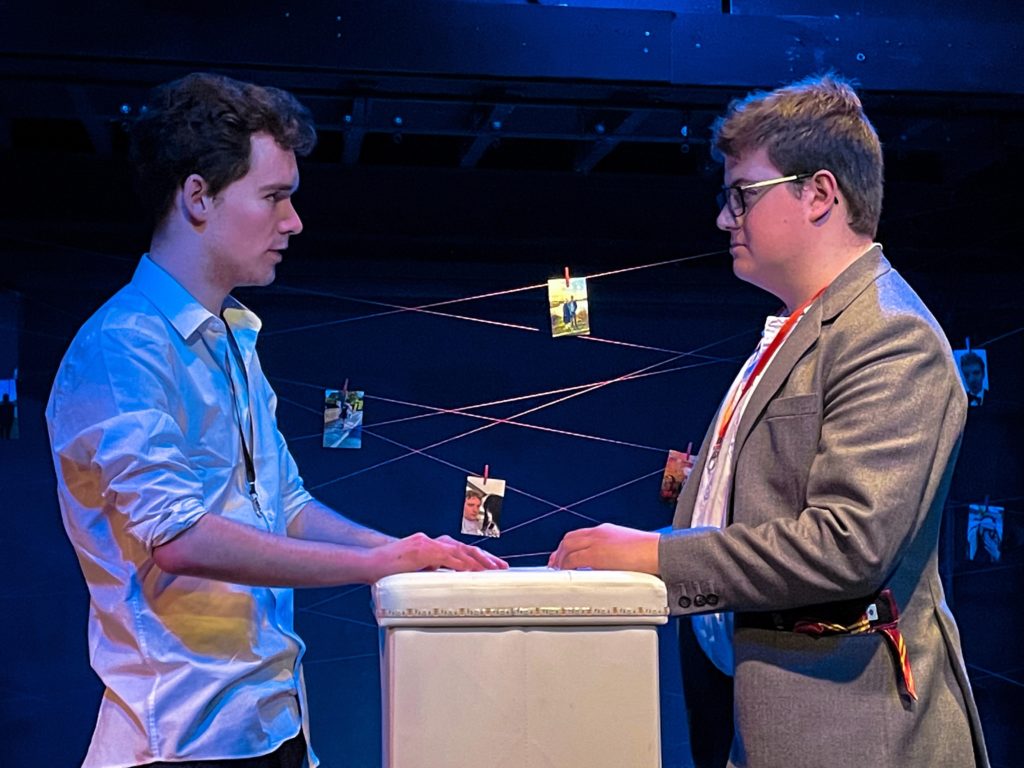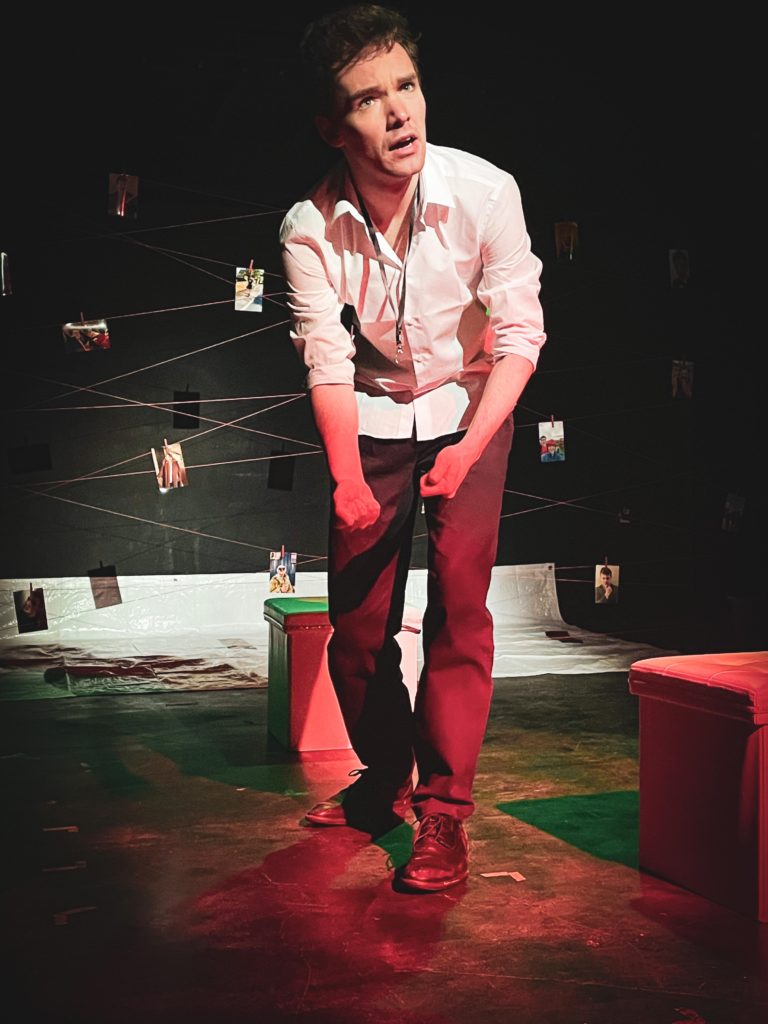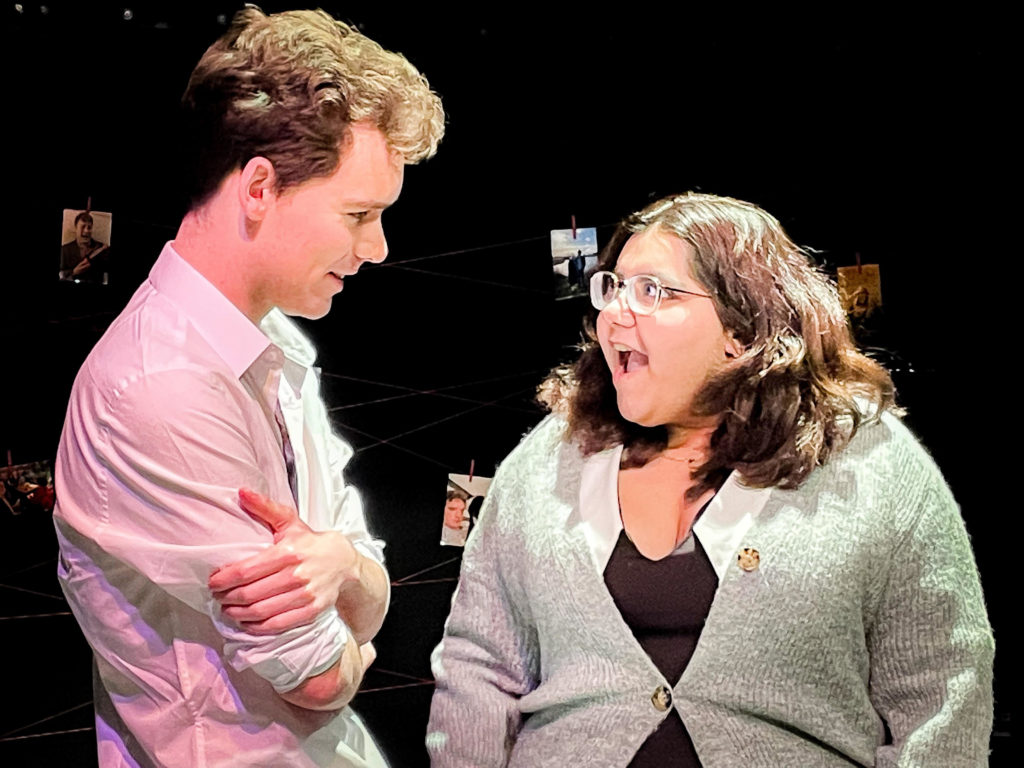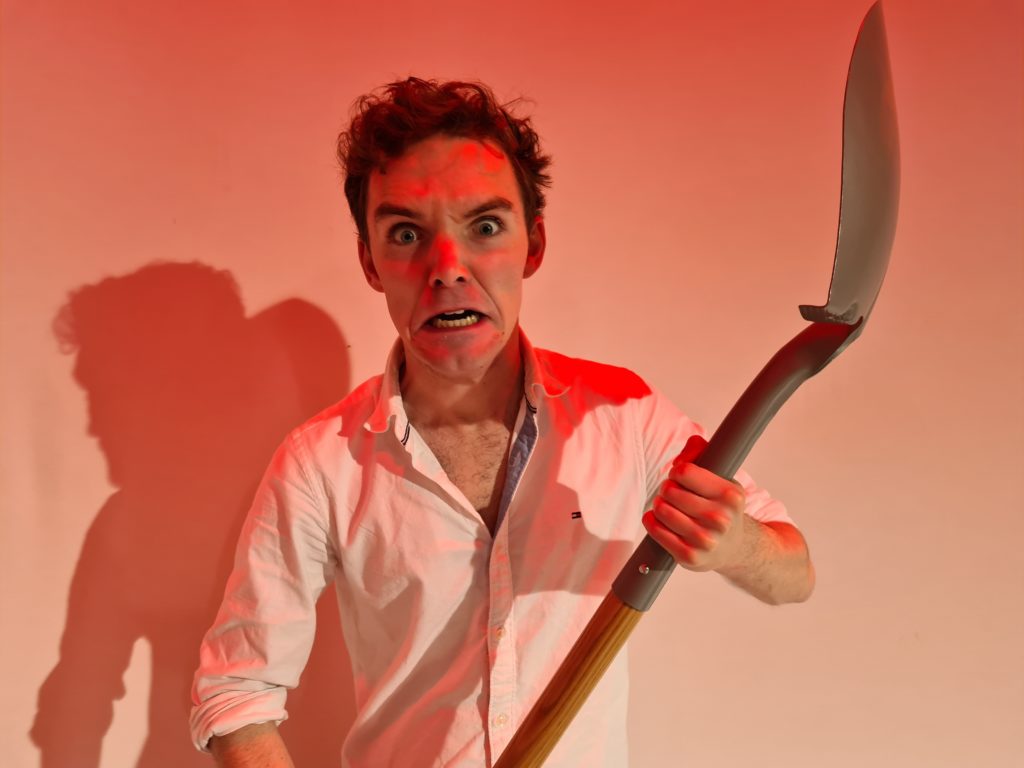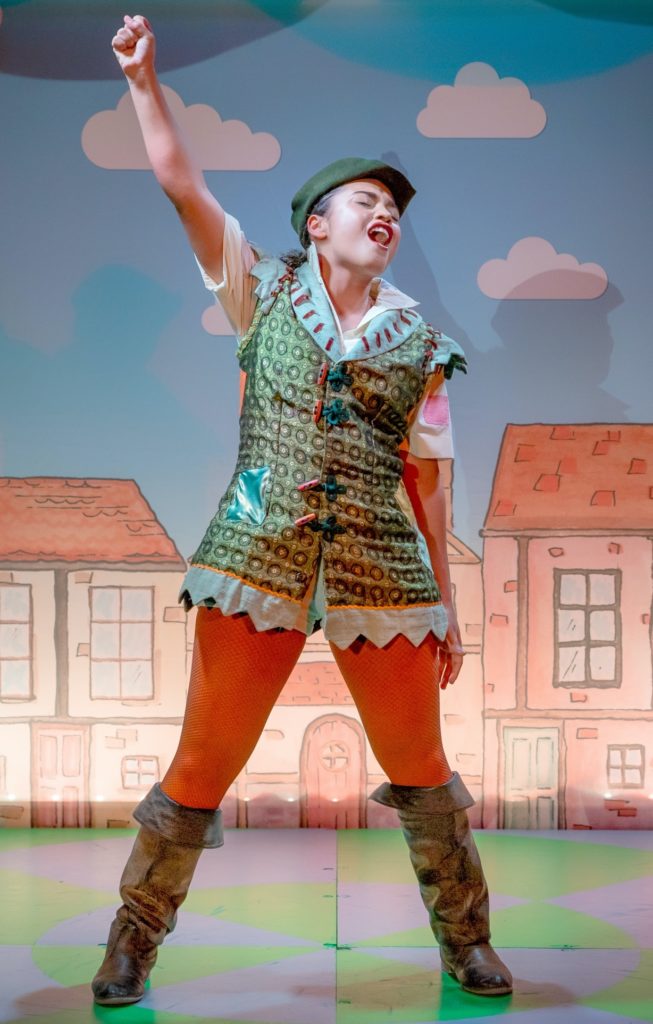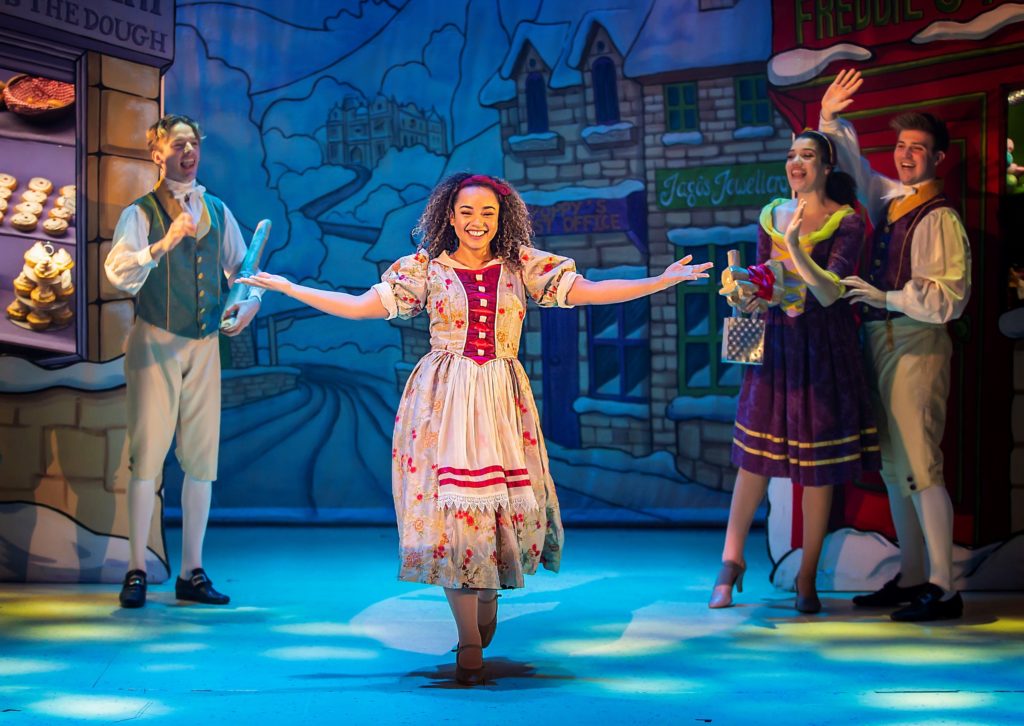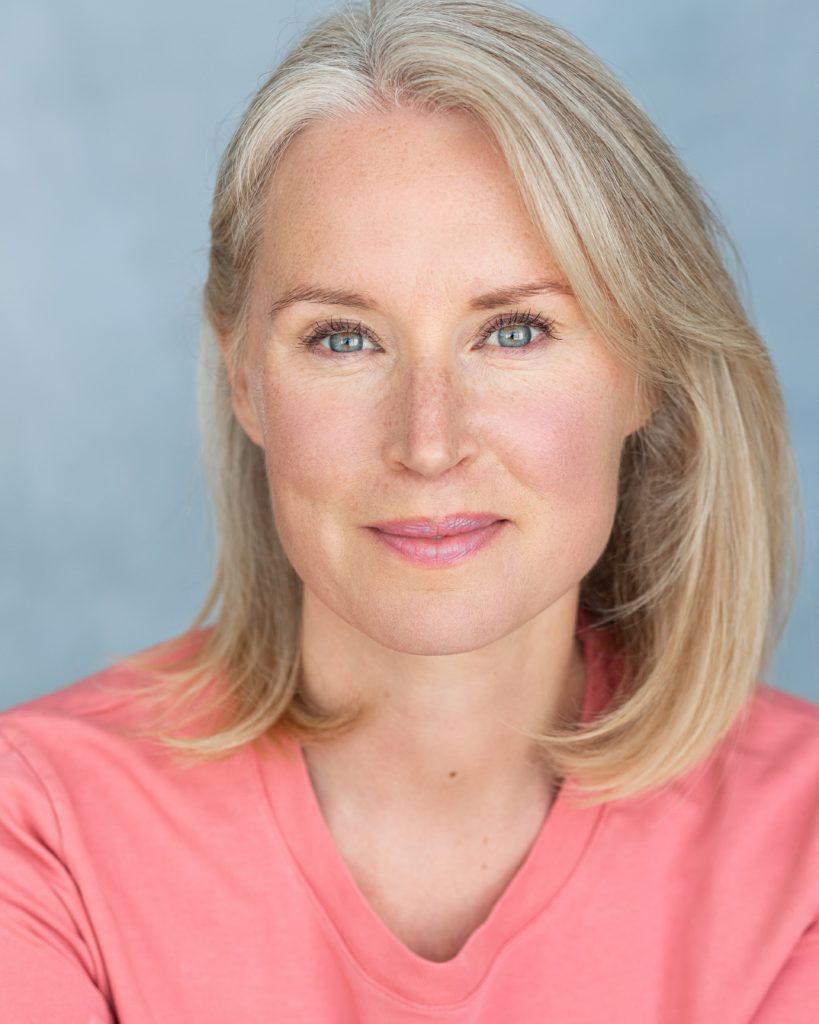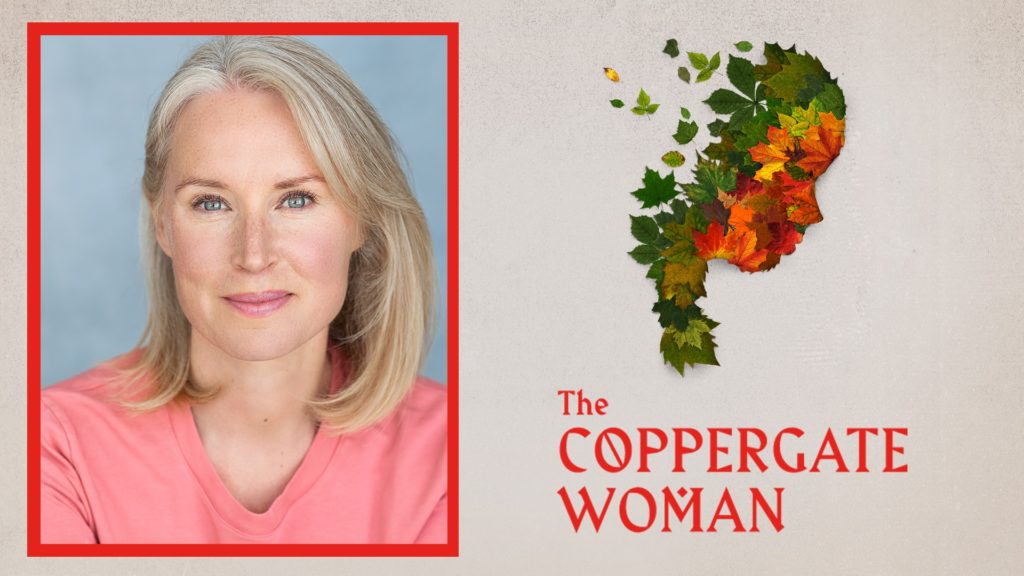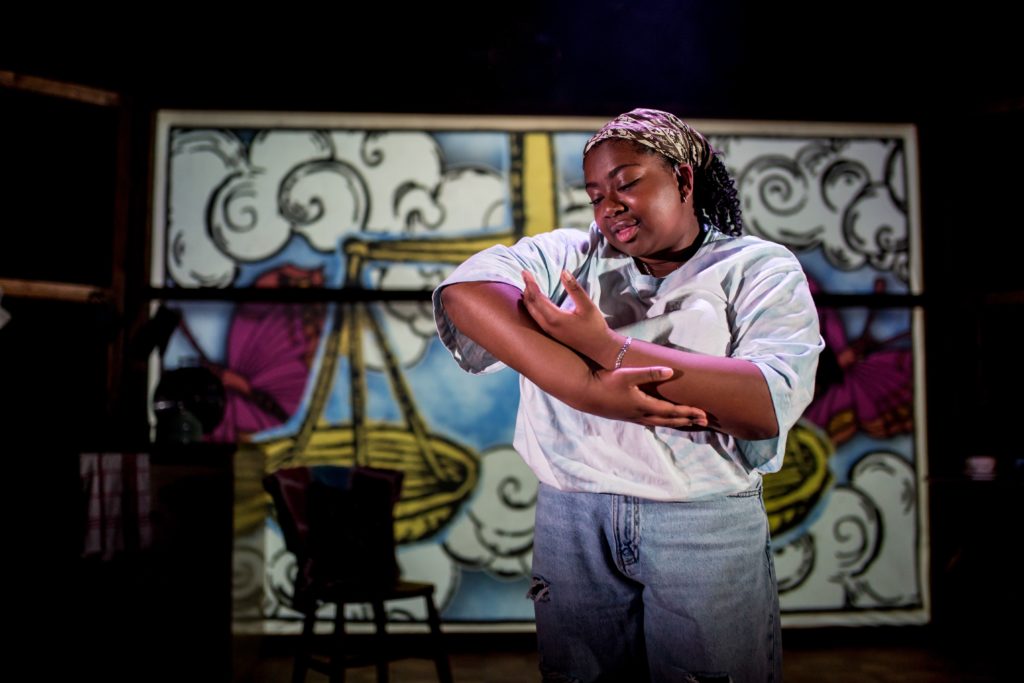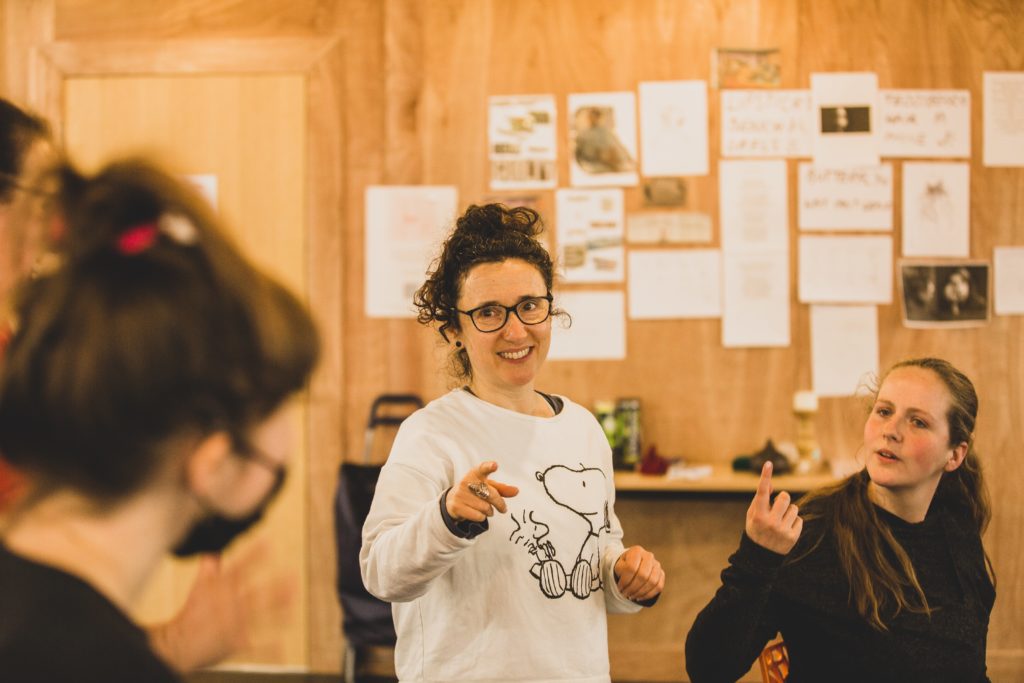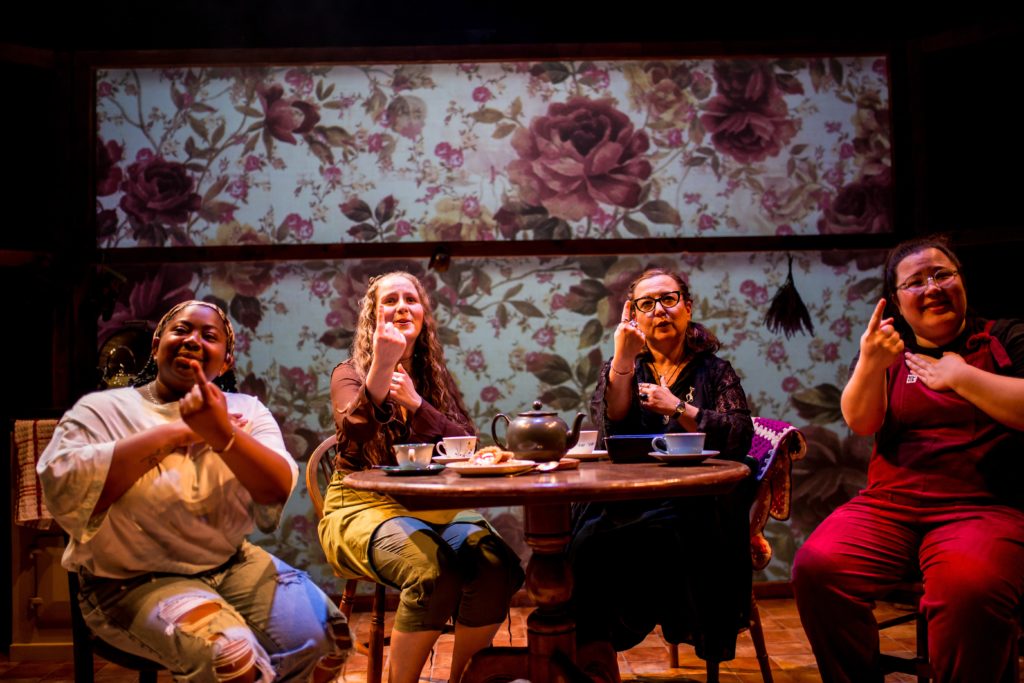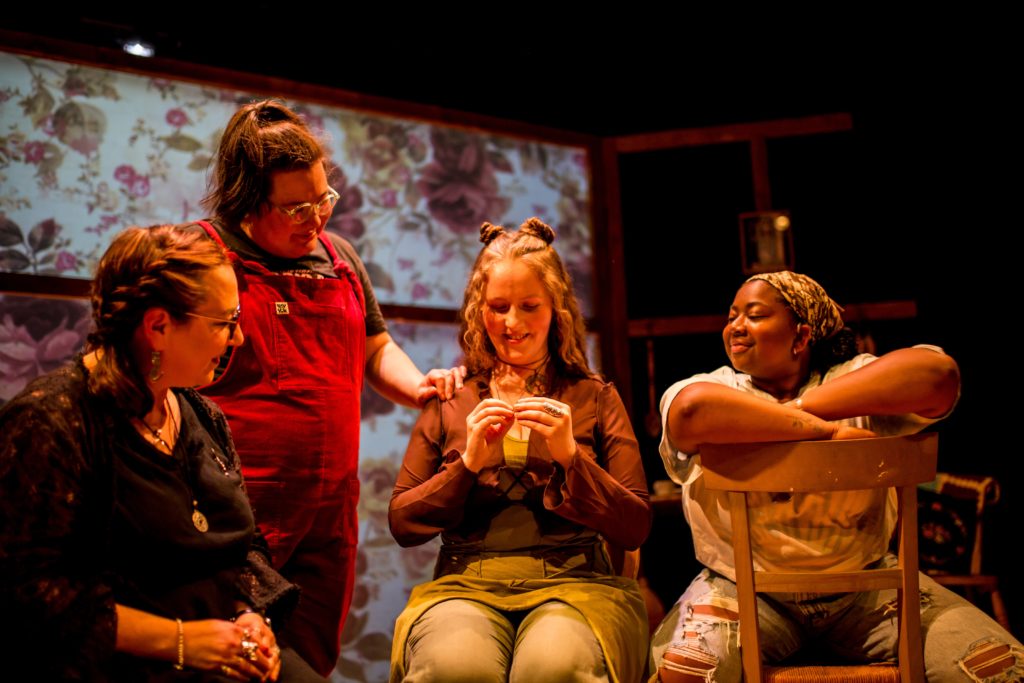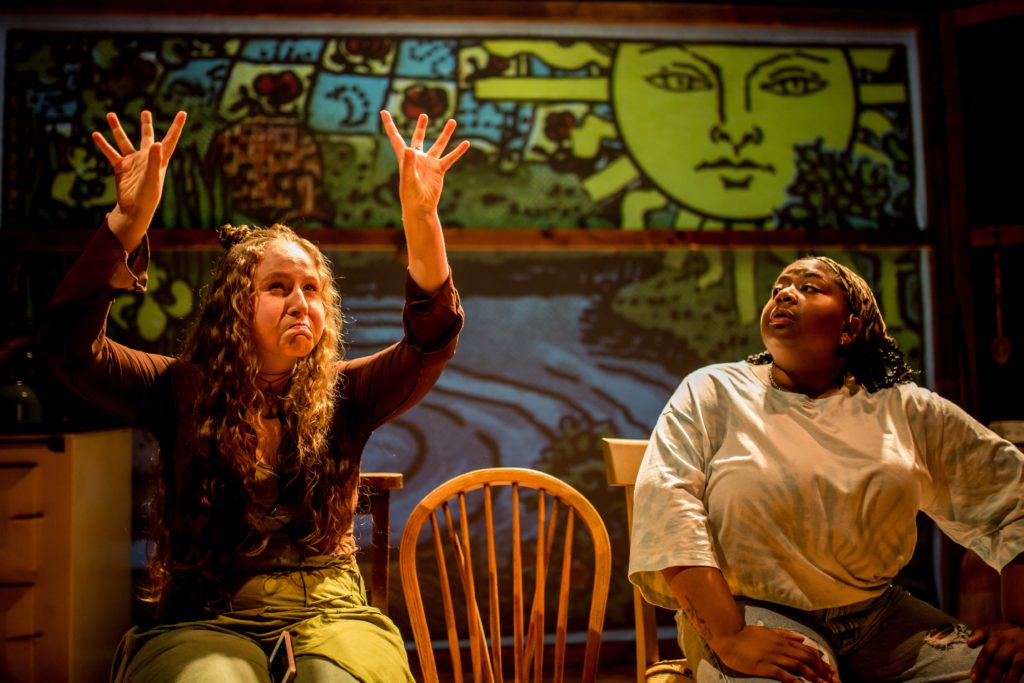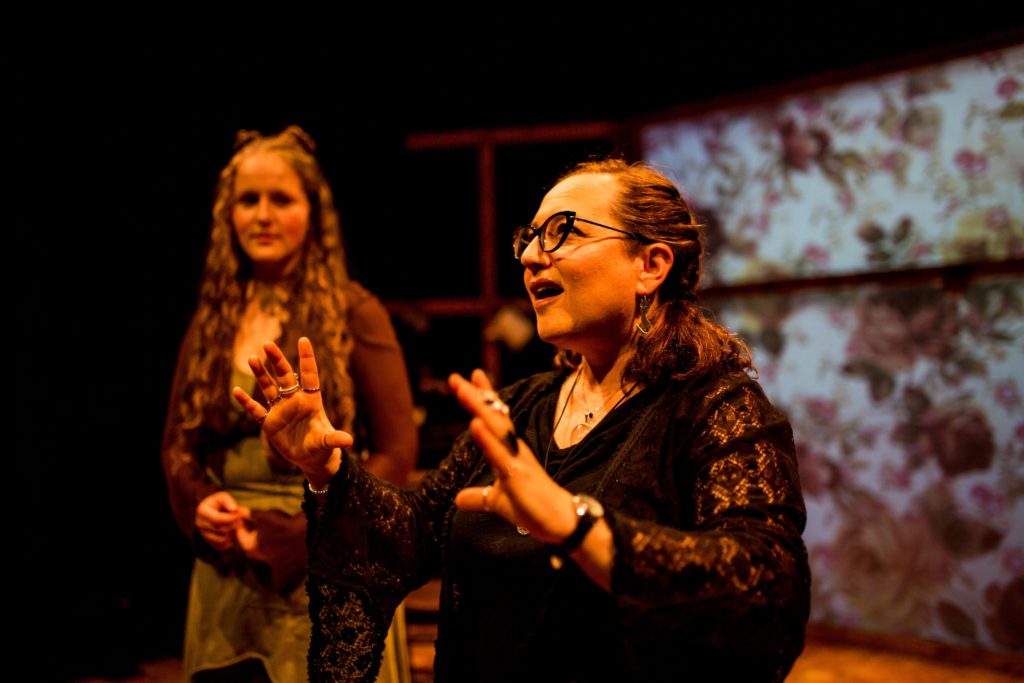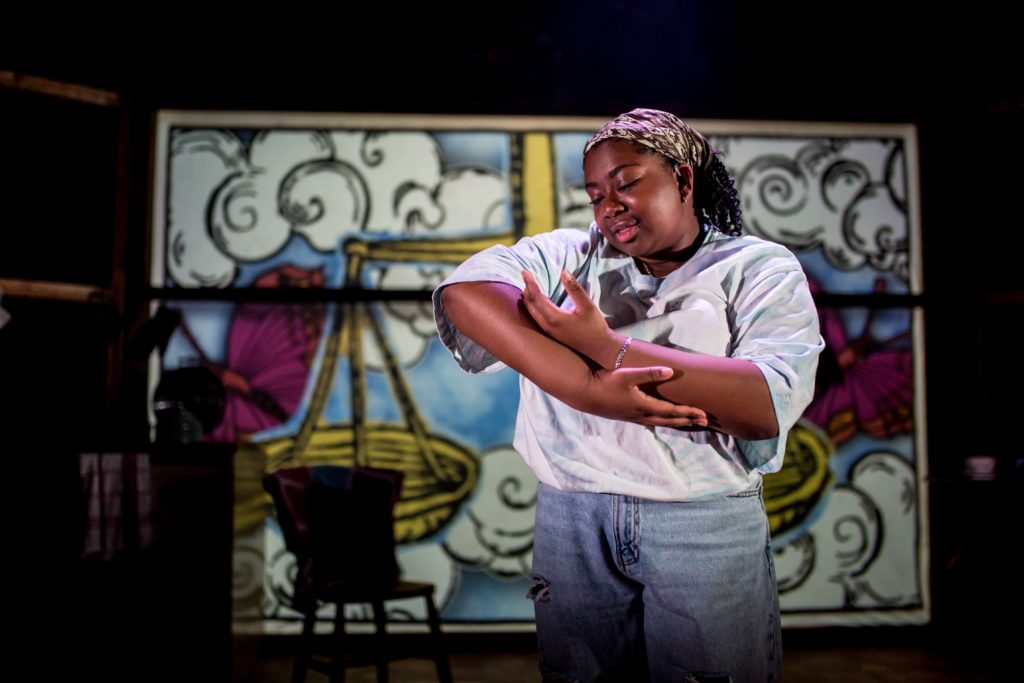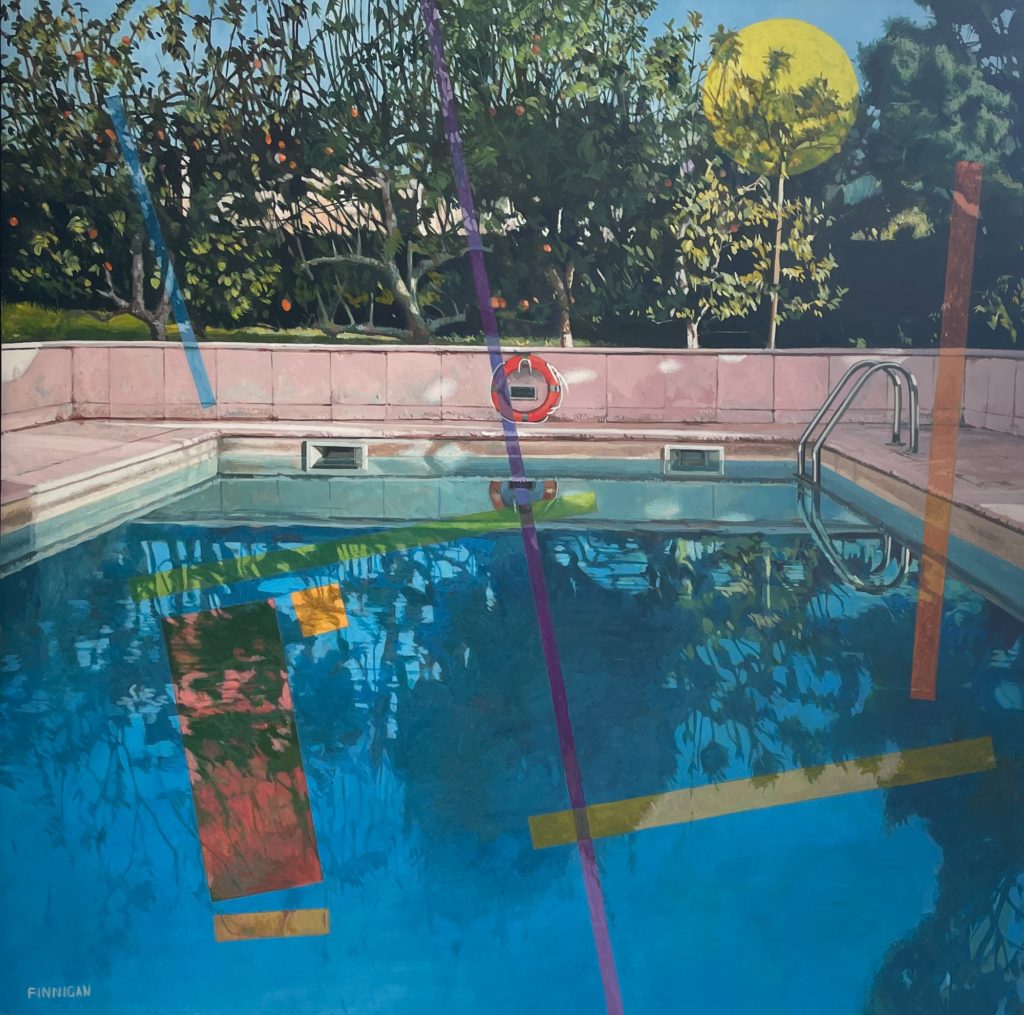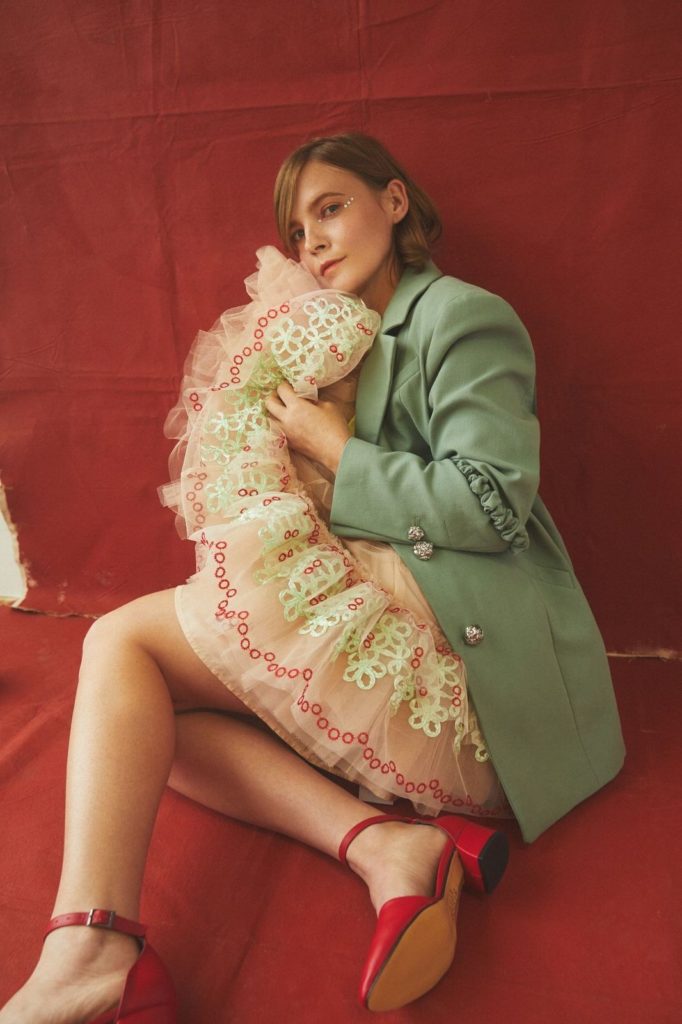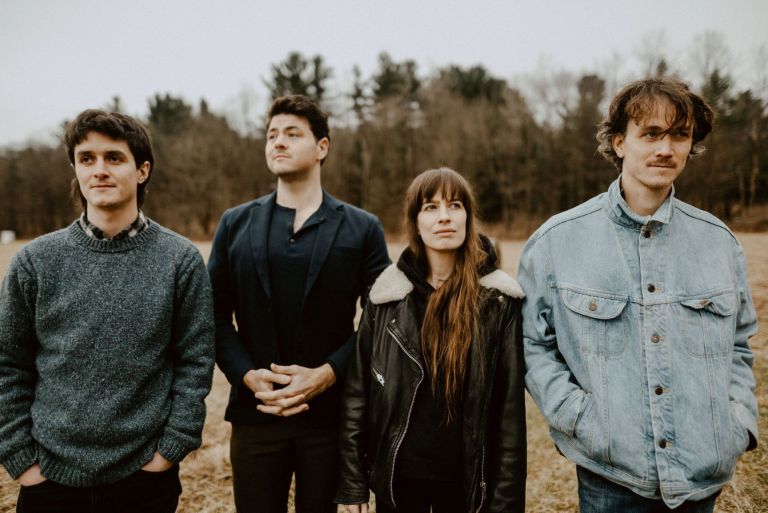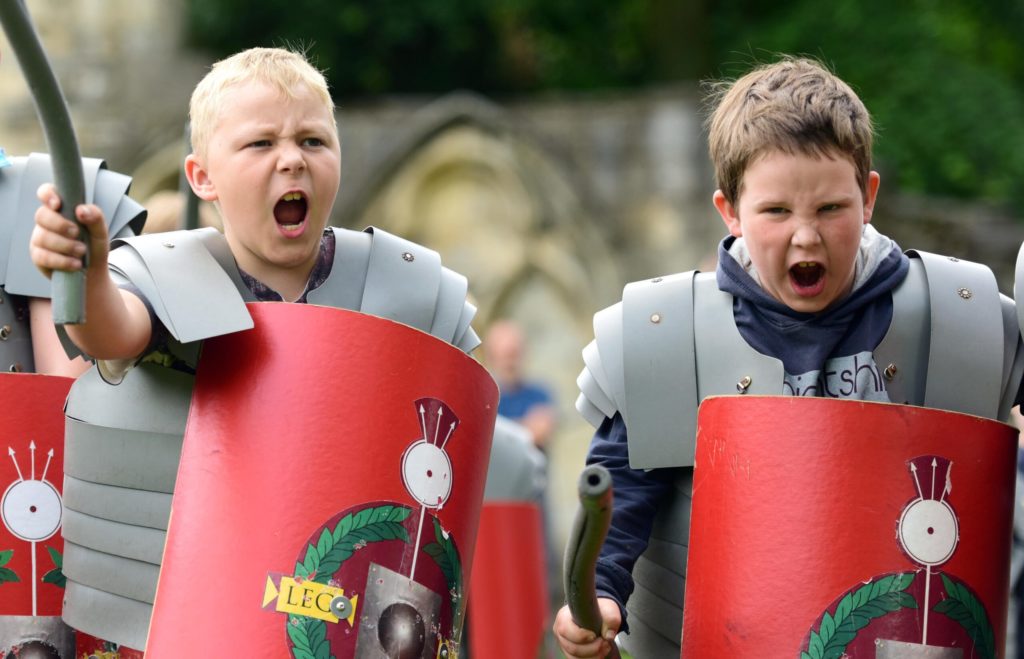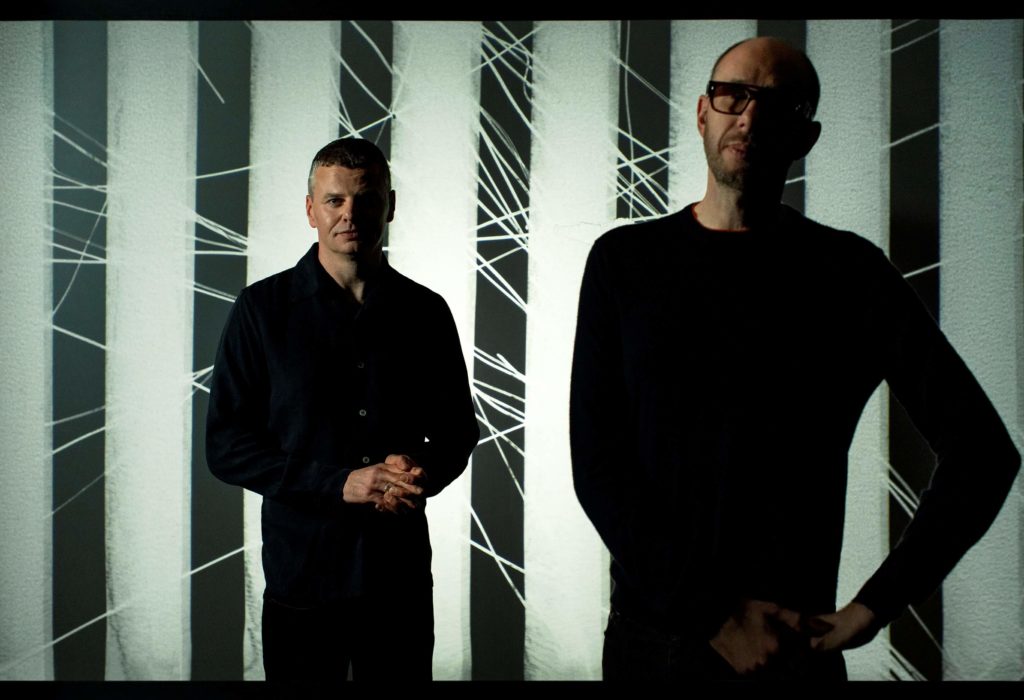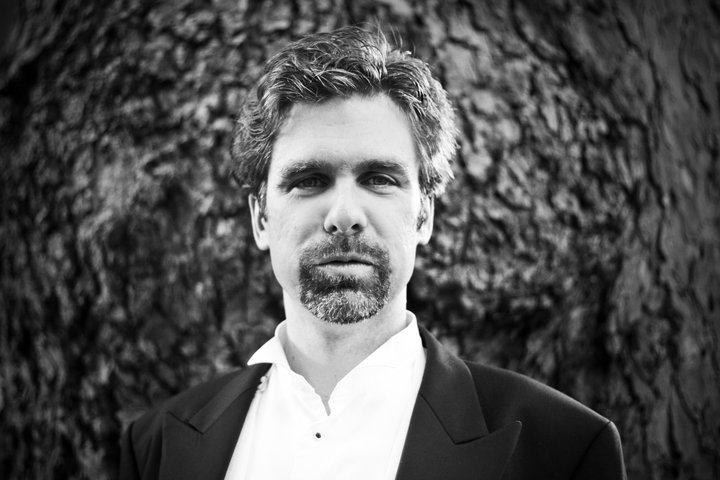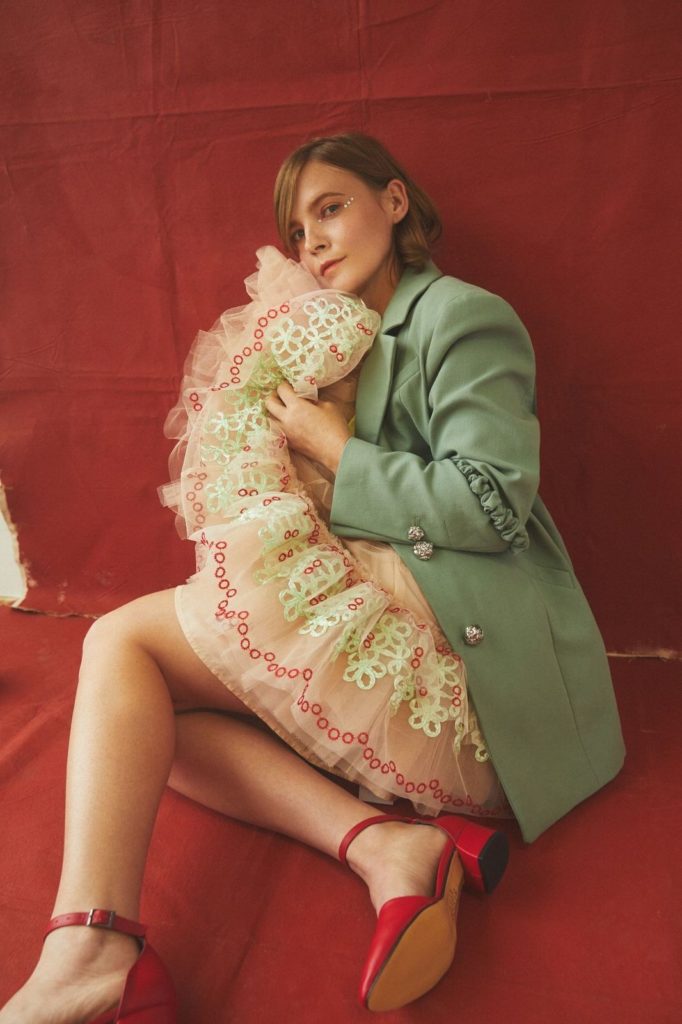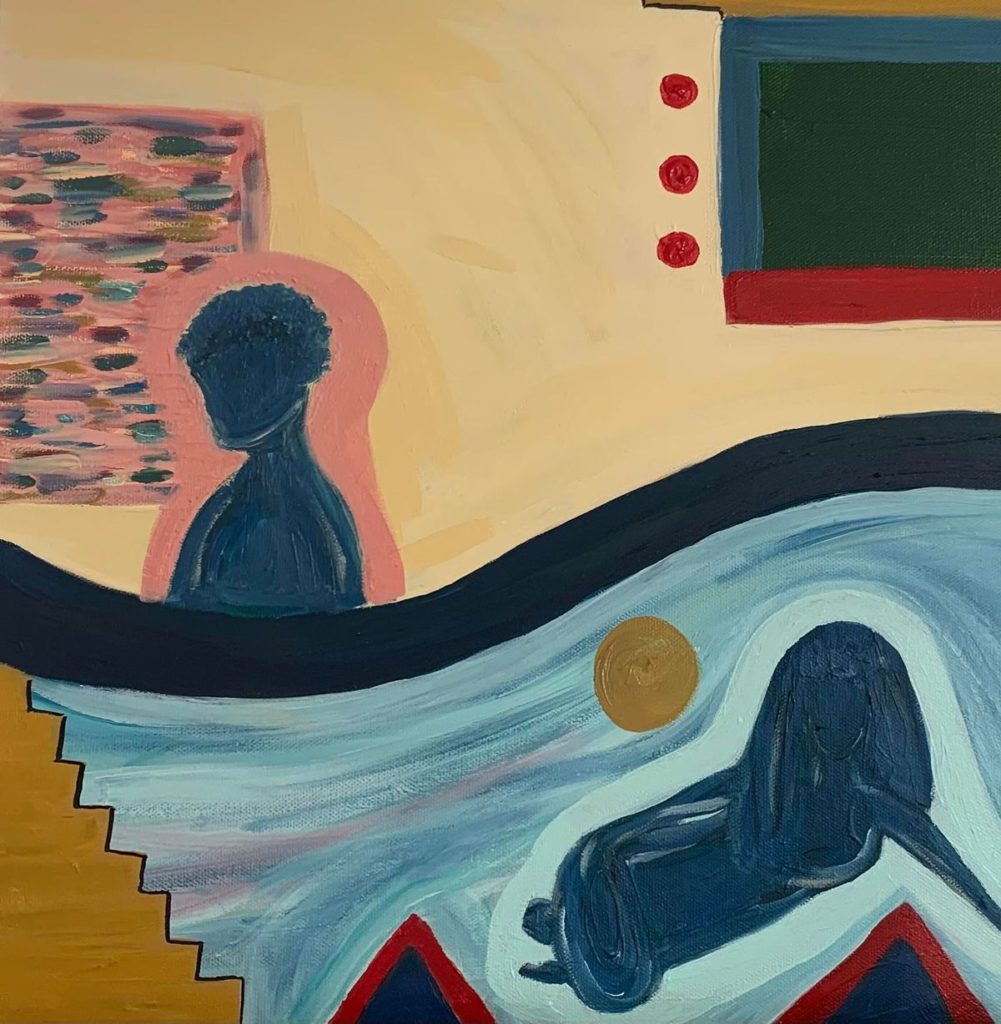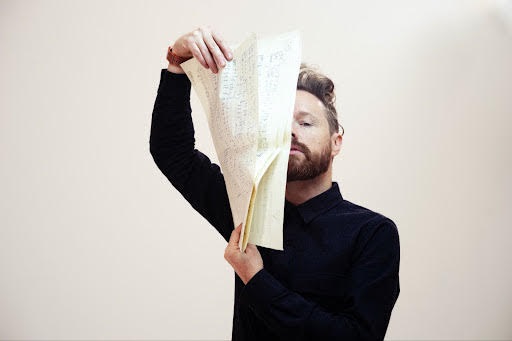
GLASTONBURY? Out of sight, out of mind, out of pocket, Charles Hutchinson prefers to stay up north for arts and crafts aplenty.
Curioso gigs of the week: Larkhall, Micklegate Social, Micklegate, York, tonight, 8pm; Brudenell Piano Sessions, Howard Assembly Room, Leeds Grand Theatre, tomorrow, 4pm
RECOMMENDED to Nils Frahm and Max Richter neo-classical devotees, Larkhall combines creative coding with beautiful post-classical piano pieces and makes algorithmically created visuals as he plays.
Larkhall is the performance alias of Minnesota mining town-born, Cambridge University-educated, Bath-based composer, coder and new-media artist Charlie Williams, whose intimate York show coincides with this week’s release of his third album, Say You’re With Me, with its theme of men’s mental health.
Can algorithms be art? Charlie reckons so. “My shows are an experience of algorithms creating beauty instead of, like, getting us to buy more stuff,” he says. Box office: larkhall.org.

Nostalgia of the week: Frankie Valli & The Four Seasons, Scarborough Open Air Theatre, tonight, gates, 6pm
THE Tony Award-winning musical Jersey Boys, chronicling the life and times of Frankie Valli and his New Jersey group, has brought so many songs to a new generation.
Cue Rock and Roll Hall of Fame inductee Frankie playing Scarborough at 88 with The Four Seasons, performing Sherry, Big Girls Don’t Cry, Walk Like A Man, Rag Doll, Let’s Hang On, My Eyes Adored You, Who Loves You, December, 1963 (Oh What A Night), Grease et al. Box office: scarboroughopenairtheatre.com.
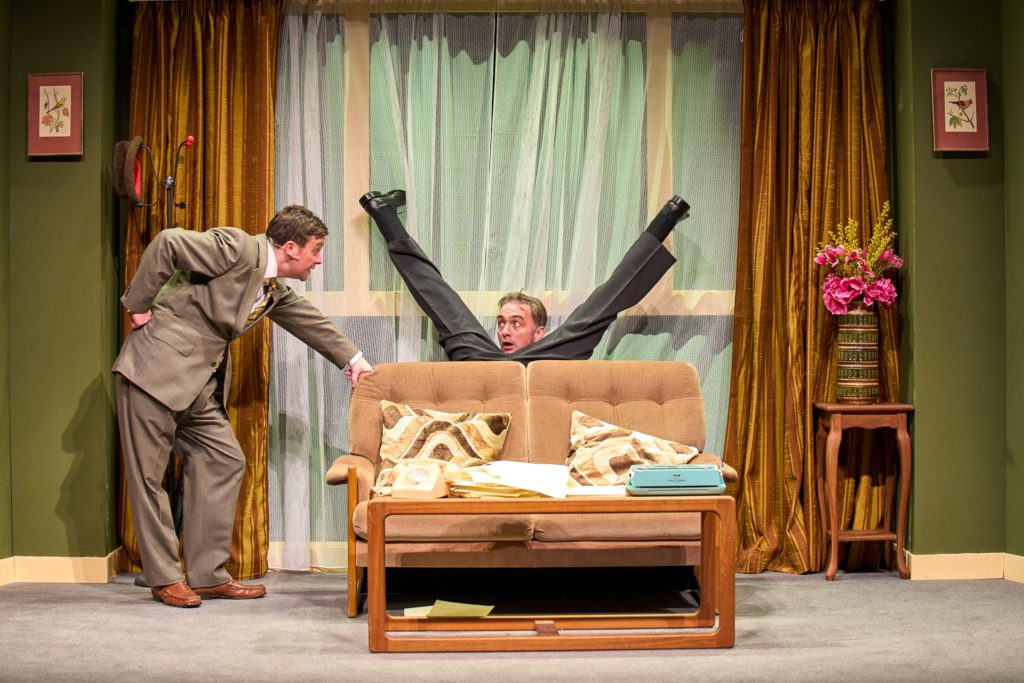
Play of the week: Birmingham Rep in The Play What I Wrote, York Theatre Royal, Monday to Saturday, 7.30pm; Thursday, 2pm; Saturday, 2.30pm
WRITTEN by The Right Size comic coupling of Sean Foley and Hamish McColl in tandem with Eddie Braben, the chap what wrote little Ern’s plays, The Play What I Wrote is both a dissection of double acts and a celebration of Morecambe and Wise.
Thom Wall insists on performing yet another of his hapless plays, an epic set in the French Revolution. Partner Dennis Hayward prefers to continue with their failing comedy duo instead, believing a tribute to Morecambe & Wise will restore Wall’s confidence. First, he needs to persuade a mystery guest to appear in the play what Thom wrote, with a different star for each show. Box office: 01904 623658 or yorktheatreroyal.co.uk.

Community event of the week: Cop’ Carnival Day, Copmanthorpe Recreation Centre, Barons Crescent, York, July 2, 11.30am to 6pm
NOW in its 51st year, Cop’ Carnival Day retains its familiar format of dance troops, bands, traditional games and attractions next weekend. Tickets cost £5 in advance or £8 on the day.
In addition, Cop’ Carnival’s first jazz night, hosted with York Gin, presents An Evening With Snake Davis, saxophonist to the stars, on Tuesday at 7pm. Two nights later, the carnival’s comedy bill features Steve Royle, Tom Wrigglesworth, David Eagle and compere Alex Boardman from 8pm.
Throughout the festival, 30 artists are exhibiting at Copmanthorpe Methodist Church nightly from 7pm, admission free. Box office: copmanthorpecarnival.org.uk.

Dance moves of the week: Anton & Giovanni, Him & Me, Grand Opera House, York, Tuesday, 7.30pm
STRICTLY Come Dancing judge Anton du Beke and 2021 champion professional Giovanni Pernice are joined by dancers and singers for Him & Me, a night when the Ballroom King meets the Jive Master. Expect dance, song, light-hearted fun and banter.
Both Strictly stars will be making their second York appearance of 2022; Anton & Erin’s Showtime played York Barbican in February; Giovanni’s This Is Me followed suit in March. Box office: atgtickets.com/York.
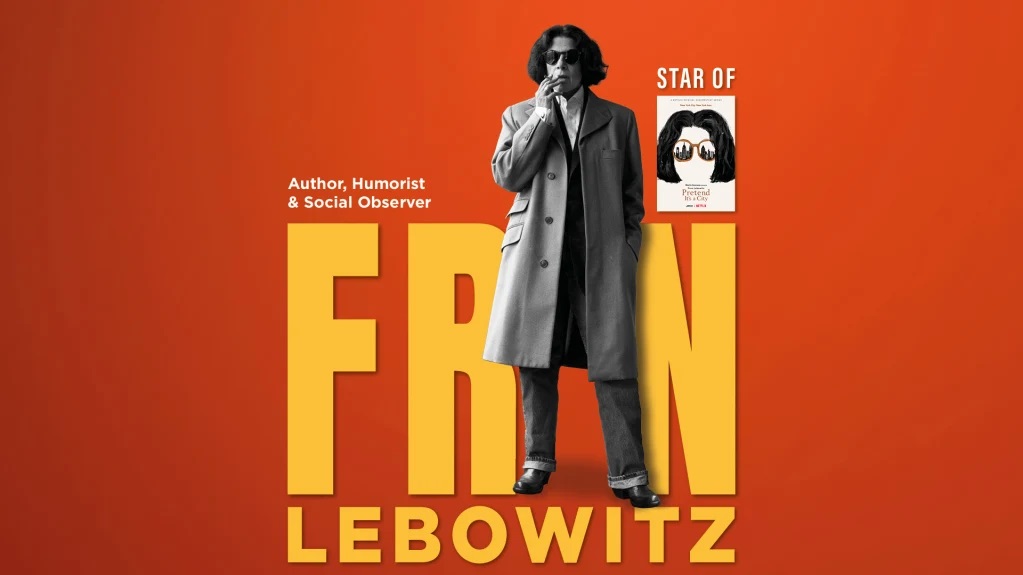
Social commentator of the week: An Evening With Fran Lebowitz, Grand Opera House, York, Wednesday, 7.30pm
FRAN Lebowitz, New York purveyor of urban cool, cultural satirist and author, will be typically forthright and unapologetically opinionated in her dry-humoured social commentary on anything and everything, with a Q&A to boot.
After Pretend It’s A City, Lebowitz’s Netflix documentary series directed by filmmaker and friend Martin Scorsese, here comes her acerbic insights on gender, race, gay rights and the media, plus her pet peeves of celebrity culture, tourists, and baby strollers. Box office: atgtickets.com/York.
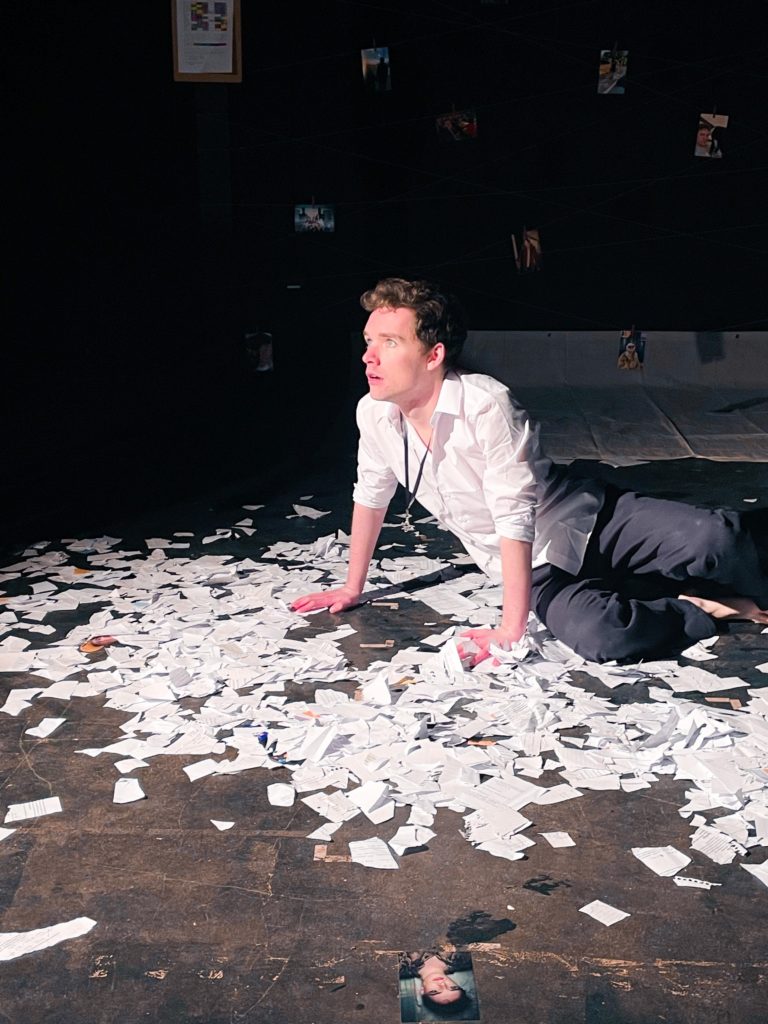
Shock of the new: Foxglove Theatre in The Brink, Theatre@41, Monkgate, York, Thursday to Saturday, 7.30pm
IN Brad Birch’s darkly comic, explosive psychological thriller, history teacher Nick is a normal person, working a normal job, who lives a normal life, but he suffers a downward spiral fuelled by dreams and whispers of a bomb buried under the school.
“Thrilling, turbulent, unconventional, The Brink is an unwavering dive into dark and prominent subject matter, alien to the established York stage,” says Nathan Butler, director of new York company Foxglove Theatre. Box office: tickets.41monkgate.co.uk.
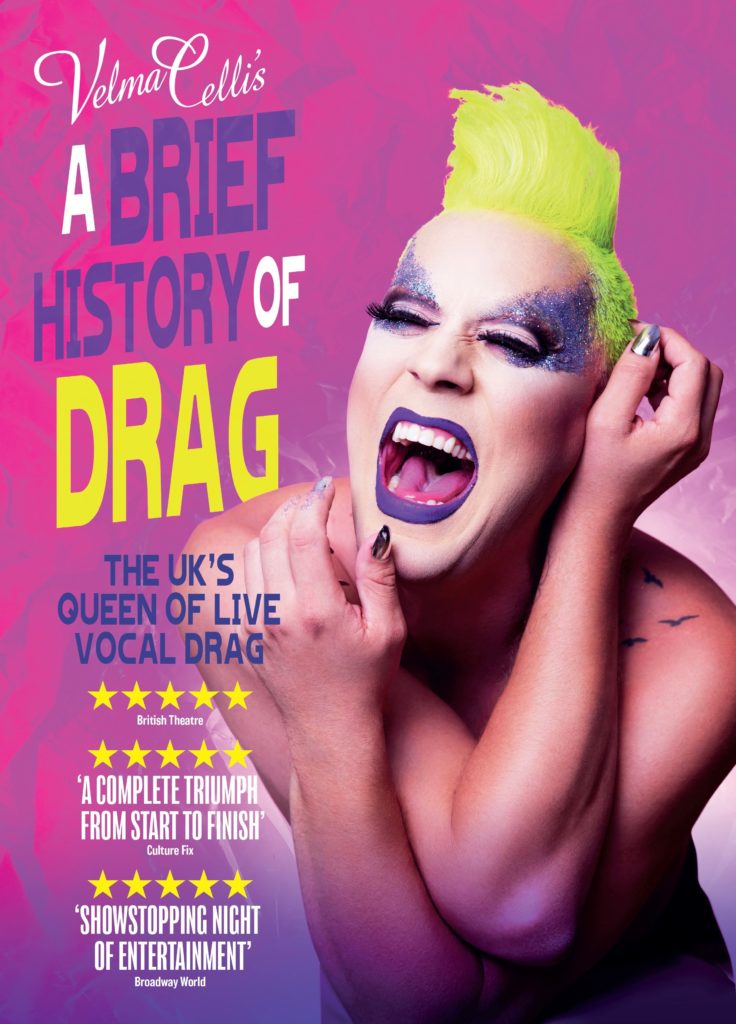
Spectacle of the week: Velma Celli in A Brief History Of Drag, Pocklington Arts Centre, Thursday, 8pm
YORK drag diva Velma Celli makes her Pocklington debut with A Brief History Of Drag, brandishing a triple threat of heavenly vocals, theatrical swagger and razor-sharp wit.
The creation of West End musical actor Ian Stroughair, Velma “celebrates the most iconic drag moments in film, stage and popular culture in the company of her voluptuous backing singers and breath-taking band”.
This electrifying cabaret embraces the songs and style of Queen, David Bowie, Boy George, Lady Gaga, Tina Turner and many more with panache and flamboyance. Box office: 01759 301547 or pocklingtonartscentre.co.uk.

Big signings of the week for 2023: Suzanne Vega, York Barbican, February 22; Mike + The Mechanics, York Barbican, April 12
GLASTONBURY acoustic stage headliner Suzanne Vega will play York Barbican as the only Yorkshire show of the New York folk singer-songwriter’s 14-date tour next year, with Luka, Marlene On The Wall and Tom’s Diner to the fore.
Mike + The Mechanics will return to York Barbican next spring on their Refueled! 2023 Tour, promising “all the hits and a drop of Genesis” – Mike Rutherford’s other band – plus songs from latest album Out Of The Blue. Box office: yorkbarbican.co.uk.


